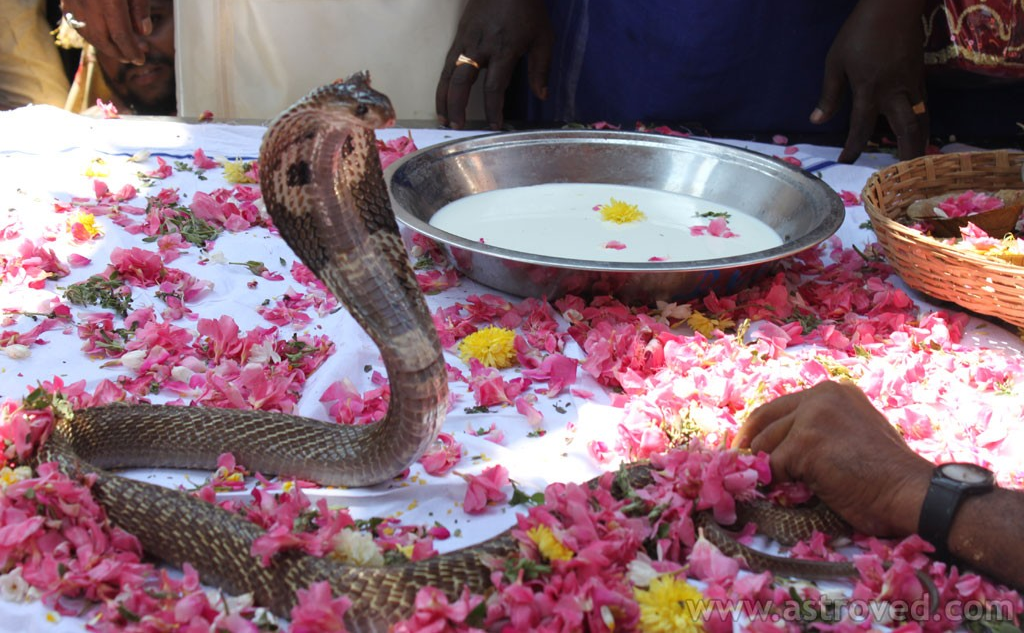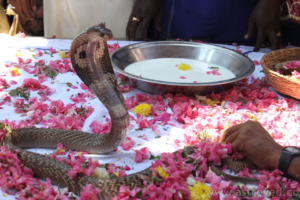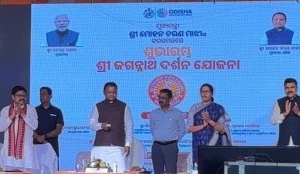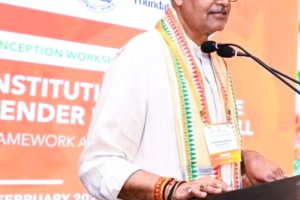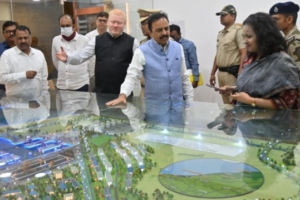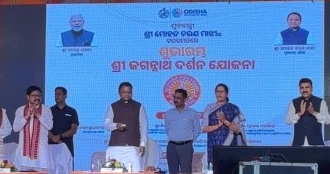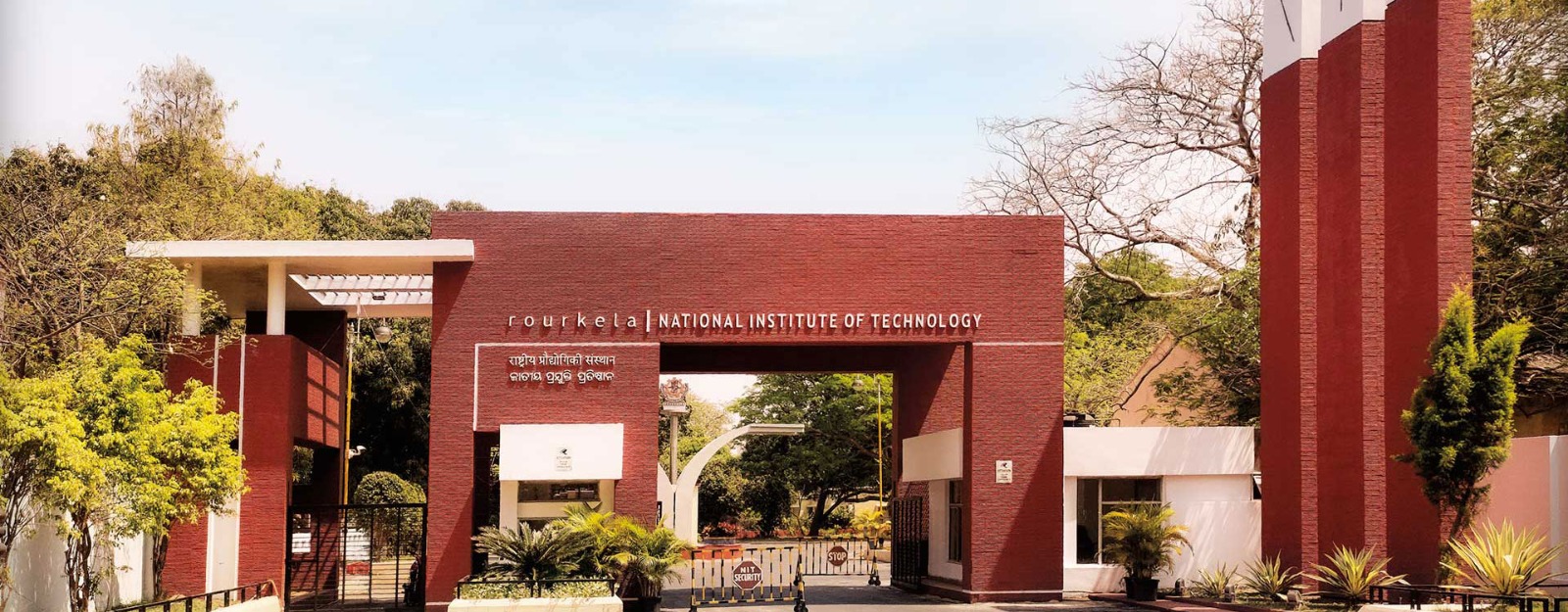
NIT Rourkela selected as Hub institution under PAIR programme
Bhubaneswar,Apr 17 (UNI) The National Institute of Technology Rourkela (NIT Rourkela) has been selected as one of the Hub Institutions under the prestigious Partnerships for Accelerated Innovation and Research (PAIR) Programme, launched by the Anusandhan National Research Foundation (ANRF).
It is the only NIT across the country and the only hub institute from Eastern India selected under the program.
Rooted in the vision of the National Education Policy (NEP) 2020, the PAIR initiative is a transformative step toward fostering a collaborative, inclusive, and high-impact research ecosystem across Indian higher education institutions.
The PAIR Programme is designed to enhance the research capabilities of institutions where research is currently at a nascent stage but holds significant potential.
Out of 30 proposals evaluated nationally, only seven were selected for funding in the first phase. These include three Indian Institutes of Technology (IITs), one National Institute of Technology (NIT), the Indian Institute of Science (IISc), and two Central Universities.
Following a rigorous review process and a final presentation before the Apex Review Committee in Bengaluru, NIT Rourkela emerged as the only National Institute of Technology to be selected as a Hub Institution under this prestigious initiative.
The presentation was led Prof. K. Umamaheshwar Rao, Director, NIT Rourkela, along with senior faculty members Prof. S. K. Pratihar, Prof. H. B. Sahu, Prof. S K. Behera and others.
In its first phase, the PAIR Programme focuses on institutions with demonstrable or promising research potential, while also ensuring regional diversity.
Each PAIR comprises one Hub and a network of seven Spoke institutions, promoting interdisciplinary collaboration on nationally relevant research themes that aim to deliver tangible and measurable outcomes.
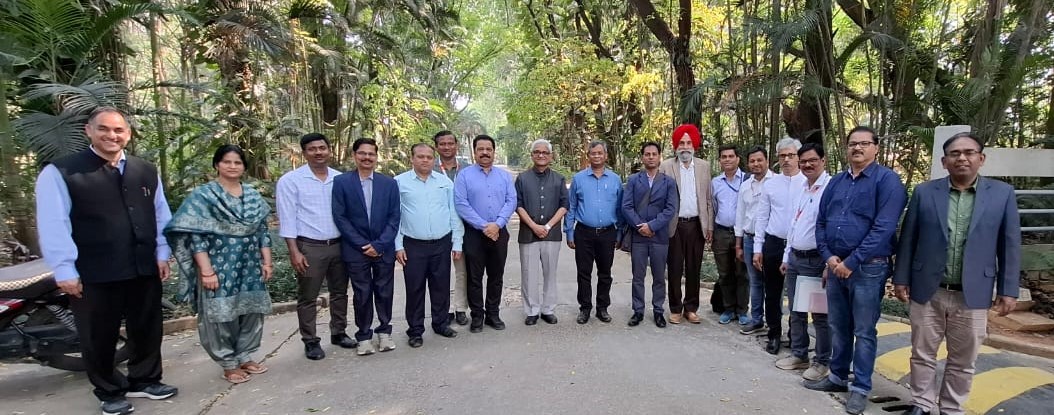
Director NIT Rourkela Prof. K.Umamaheshwar Rao said, “This recognition is a testament to the collective dedication, research excellence, and collaborative ethos that define NIT Rourkela.
The PAIR grant will play a transformative role in expanding our research network and strengthening our capacity to mentor emerging institutions, he said.
Through this initiative, we aim to uplift and empower our partner (spoke) institutions and contribute meaningfully to India’s vision of a robust, inclusive, and innovation-driven research ecosystem, Prof Rao said.
As a Hub Institution, NIT Rourkela will mentor a network of seven Spoke institutions. They are Veer Surendra Sai University of Technology (VSSUT), Burla, Sambalpur University, Burla, Odisha University of Technology and Research (OUTR), Bhubaneswar ,Fakir Mohan University, Balasore, International Institute of Information Technology (IIIT), Bhubaneswar ,Odisha University of Agriculture and Technology (OUAT), Bhubanesw ar,and Guru Angad Dev Veterinary and Animal Sciences University, Ludhiana, Punjab
The Hub-and-Spoke model will promote institutional collaboration through shared research infrastructure, joint conferences and workshops, hands-on training, faculty development, and access to advanced expertise.
Each approved PAIR network will be eligible for up to Rs. 100 crore in funding over five years, distributed in a 30:70 ratio between Hub and Spoke institutions, respectively.
Under the ANRF-PAIR program, NIT Rourkela will lead a collaborative research initiative titled & Consortium of Technologies for Sustainable Agriculture, Health, Energy, and Environment.
This ambitious project will focus on four key thematic areas such as Energy Technologies, Environmental Sustainability, Health & Medical Technologies, and Sustainable Agriculture
As a progressive step toward initiating the collaboration, NIT Rourkela has already developed a suite of technologies and tools related to the identified themes and will be sharing these with its partner institutions.
Through this initiative, NIT Rourkela aims to foster interdisciplinary research, address pressing national challenges, and build lasting research capacity in state and regional institutions.
UNI DP BD


